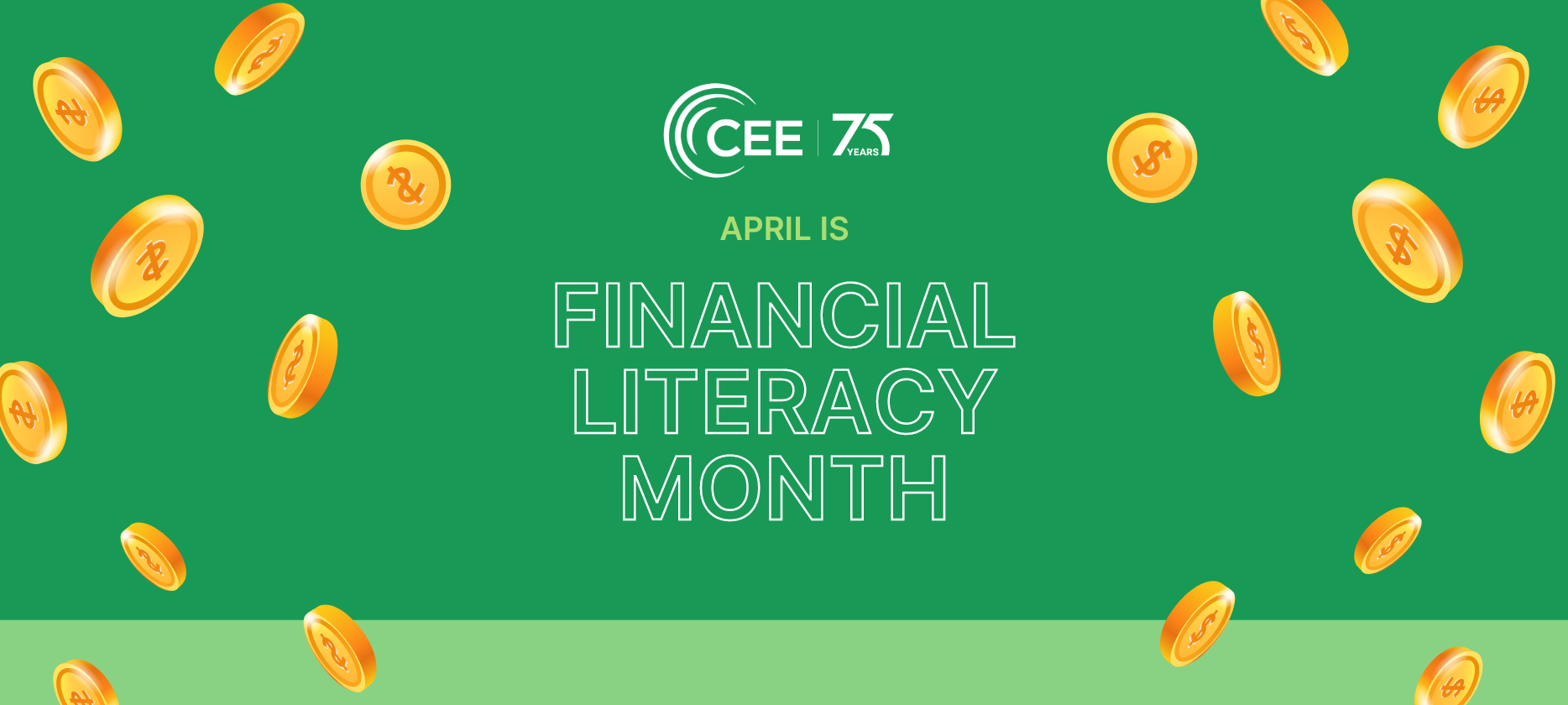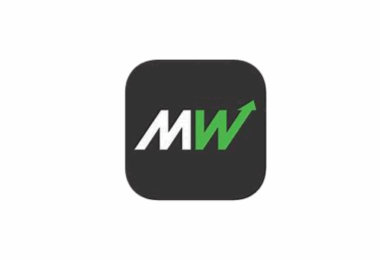
Why is Financial Literacy Month Important?
April is Financial Literacy Month! For the Council for Economic Education, Financial Literacy Month is a meaningful moment to share the work we do to equip K-12 students with the tools and knowledge of personal finance and economics. With a foundational understanding of personal finance, young people make informed financial decisions and create a better life, not only for themselves but those around them. But why should the rest of the U.S. celebrate this month? Because it’s a reminder about the importance of personal finance education and an opportunity to shine a spotlight on what teachers, students, and parents want to see in the classroom.
Personal finance education has become a popular cause. In a 2022 poll conducted by the National Endowment for Financial Education, 88 percent of U.S. adults agreed that their state should require a personal finance course for high school graduation. Eight in ten respondents said they wish they had been required to take at least one semester of personal finance to graduate from high school.
CEE’s biennial Survey of the States is an important benchmark for progress in K-12 economic and financial education, revealing both how far we’ve come as a country and how far we still have to go. There has been notable progress since the first survey was published in 1998 with 2023 proving to be a banner year. These survey findings reflect this positive shift, and account for both currently enacted requirements and recently signed legislation scheduled to take effect soon. Legislation requiring that all students take a stand-alone course in personal finance to graduate from high school swept the nation since the 2022 Survey of the States. In the past two years, 12 states have passed such legislation—9 of those were passed in 2023 alone. The new regulations in these 12 states will lead to over 10 million additional K-12 students—21 percent of current students—gaining guaranteed access to this knowledge. Research clearly shows the positive impact that at least a semester can have on young people’s financial decisions in early adulthood.
A critical lesson CEE has learned from our advocacy work through FinEd50, the advocacy coalition founded by CEE and Visa, is the importance of bringing diverse communities to the table in pushing for change. For example, the Pennsylvania State Education Association supported efforts to pass a new graduation requirement after ensuring that it contained key protections for teachers’ time and professional development. Teachers’ unions, often opposed to new requirements, have begun to acknowledge the importance and inevitability of personal finance requirements, as reflected by the Pennsylvania example, among others. Indicating the growing community of supporters, FinEd50 now boasts 10 members—representing diverse corporate, nonprofit, and research organizations. With calls from teachers, business leaders, community leaders, and students for all students to have this access, legislators and other state leaders have stepped up to the plate in unprecedented ways.
Nan J. Morrison, CEE President and CEO, remarked “requiring all high schools to teach principles of personal finance and economics to all students creates equity and the possibility of a brighter future for youth nationwide. Of course, requirements are only as good as their implementation – and CEE provides K-12 teachers with free, high-quality training and resources to help with that too. Let’s use financial literacy month as a time to take the next steps!”
Check out our ideas on how you can celebrate this month, whether you’re a teacher, a student, or just want to get financially savvy!
CEE’s Financial Literacy Month is generously supported by Intuit for Education.
About the Council for Economic Education
The Council for Economic Education’s (CEE’s) mission is to equip K–12 students with the tools and knowledge of personal finance and economics so that they can make better decisions for themselves, their families, and their communities, and learn to successfully navigate in our ever-changing economy. We carry out our mission in three ways. We advocate to require financial and economic education in every state. We provide training, tools and resources – online and live through over 180 affiliates nationwide – to more than 40,000 teachers annually who in turn bring the highest quality economics and personal finance instruction to over 4 million students. We deepen knowledge and introduce high school students to critical career capabilities through our national competitions and Invest in Girls program.
Media contact:
Read More

2024 CEE Survey Of The States Show Progress…
CEE’s biennial Survey of the States highlights both the progress made and the areas that need improvement in mandating personal finance courses for high schools. As more states implement requirements…

More high schools are requiring financial-literacy classes. The…
CEE’s Survey of the States highlighted the increasing awareness of the necessity for personal finance education in high schools, a need that was further emphasized by the COVID-19 pandemic. During…

Personal finance classes are becoming the norm in…
An increasing number of states are now requiring high school students to complete at least one personal finance course to graduate. Currently, over 70% of American students are mandated to…